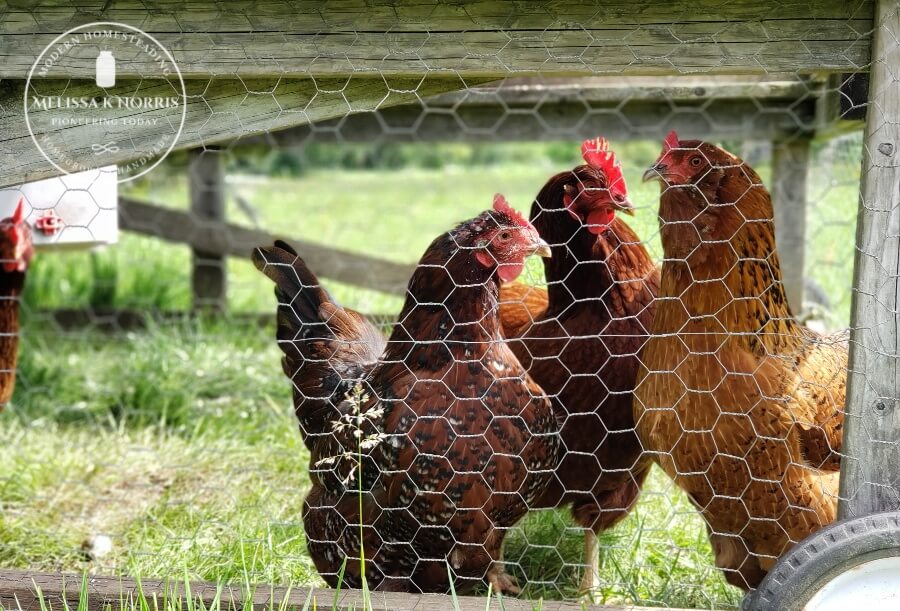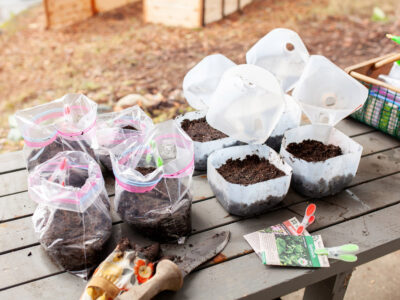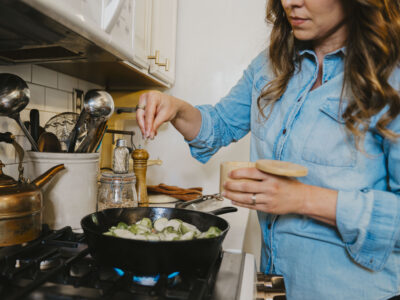If you’ve wanted to keep chickens, this podcast will be invaluable for learning tips on keeping chickens safe from “bully” chickens, crops you can grow to feed chickens, and even whether or not you can raise chickens indoors.
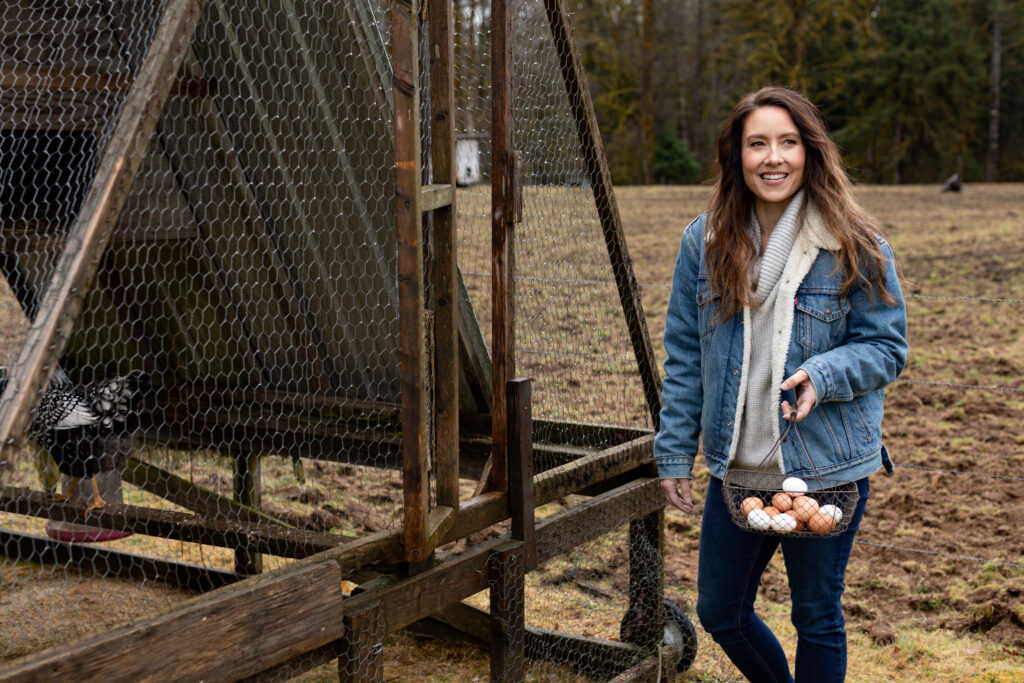
Today’s Pioneering Today Podcast (episode #378) is a live coaching call I did with Joan, a member of the Pioneering Today Academy, came to me with her questions and I gave her my best responses.
If you like this podcast, be sure to check out the related blog posts below for more Coaching Calls.
Table of Contents[Hide][Show]
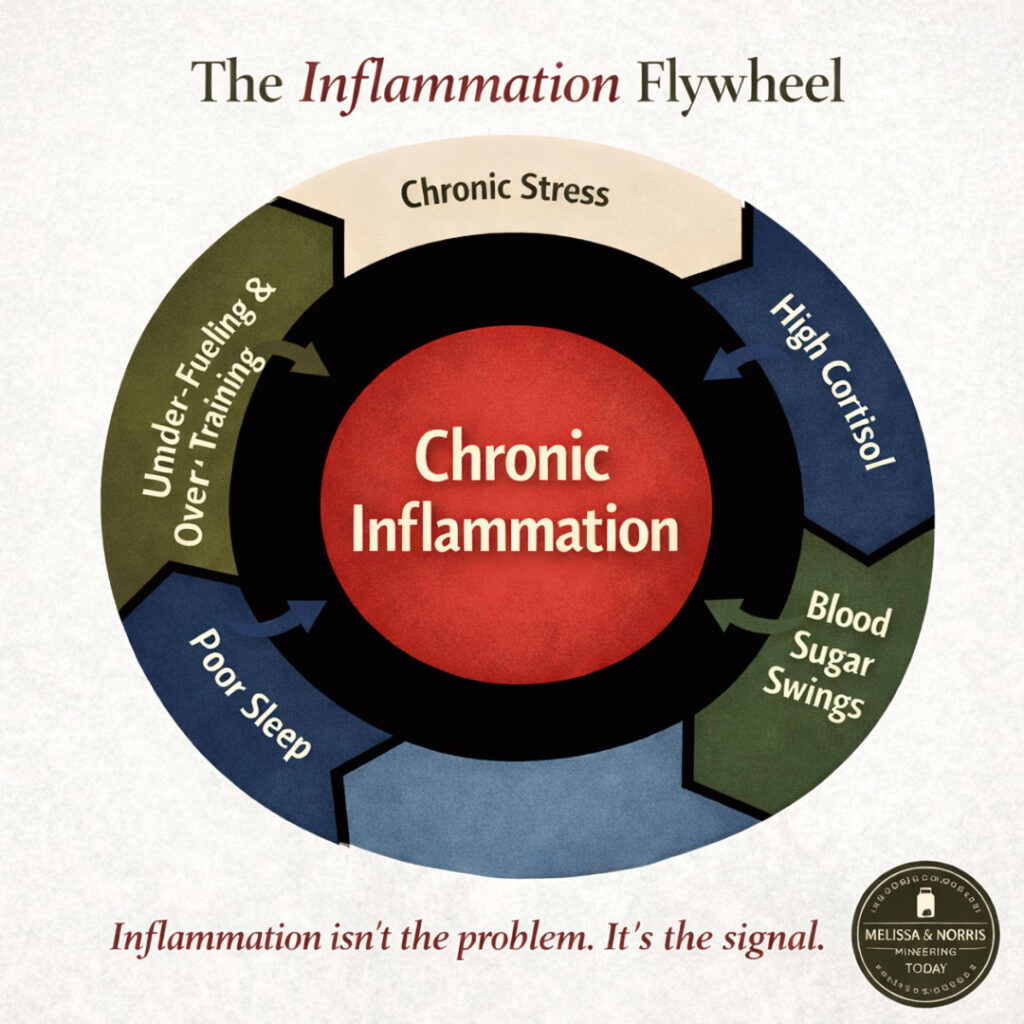
The Hidden Cycle Keeping You Inflamed
If you’ve been feeling puffy, tired, achy, or wired-but-tired, this two-page guide will help you understand what may be happening behind the scenes — even if you’re eating “healthy.”
Download the Inflammation Flywheel Guide and learn:
- Where to start so you don’t feel overwhelmed
- The 5 most common drivers that keep inflammation switched on
- Why blood sugar swings, stress, and poor sleep feed each other
About Joan
Lives in New York and has a new flock of 12 chickens, all less than one-year-old. She’s looking to learn more ways of keeping her chickens happy, how to protect chickens from “bully chickens,” and even whether or not chickens can be raised in doors due to some unforeseen ordinance changes where she lives.
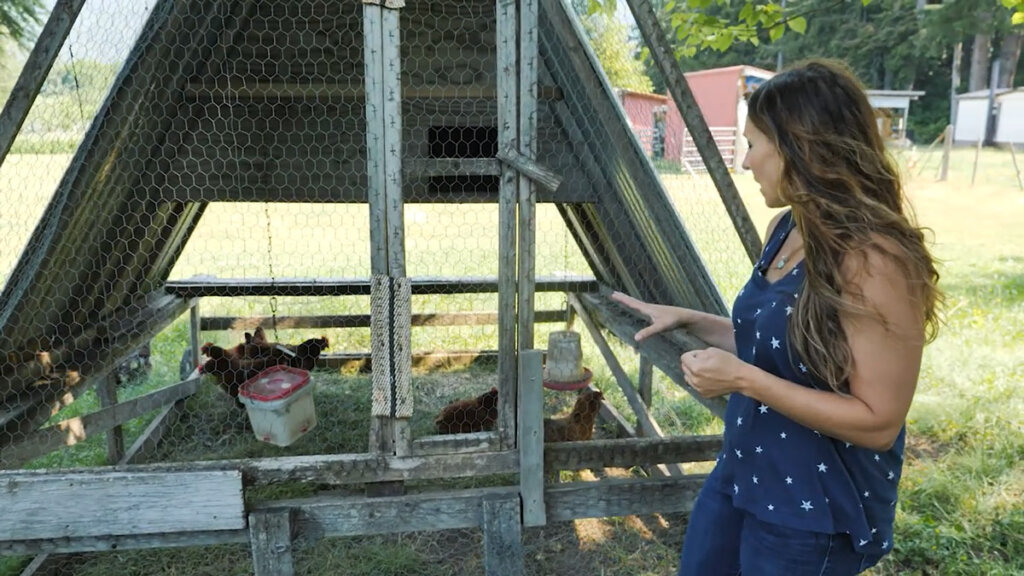
In This Episode:
- Keeping a happy flock of chickens.
- Managing “bully” chickens and how to help those chickens that are being bullied.
- How long and how to quarantine unruly, mean chickens.
- How much space chickens need to be healthy and happy.
- What crops are safe to grow and feed chickens to supplement their feed? I love growing pumpkins, specifically for the seeds. If you open them up for the chickens, they’ll actually eat the flesh of the pumpkin as well. Mint, plantain, echinacea, lemon balm, chamomile, dill and chickweed are great plants for chickens and have many health benefits. Radish pods are also great, but feed this one only two to three times a week because it can give them some digestive upset.
- Can you keep chickens indoors? It is possible, but they’ll need adequate space, proper ventilation, and usage of the deep litter method for their bedding. Along with some “boredom buster” activities to keep them happy.
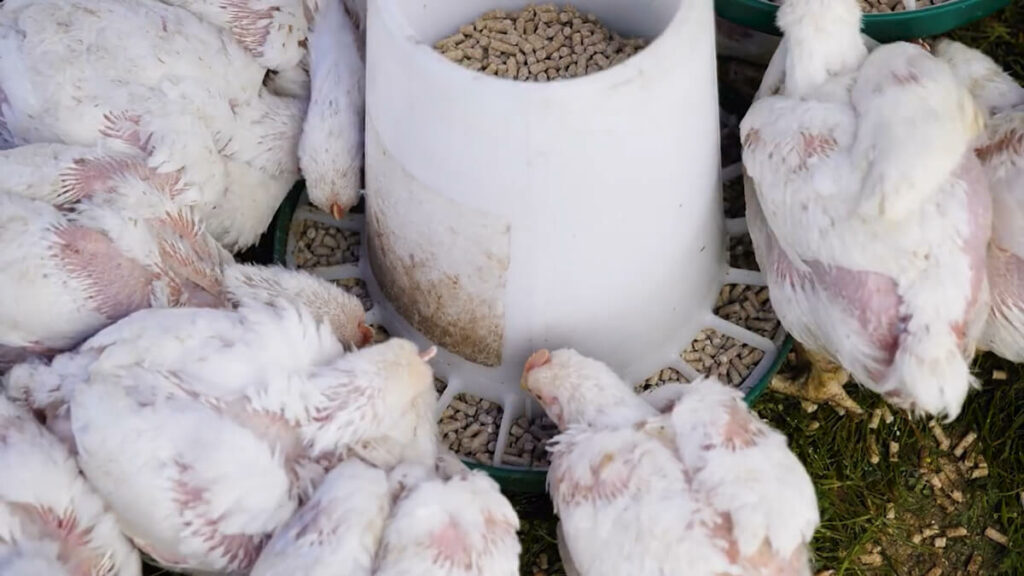
Azure Standard
Our go-to when it comes to chicken feed is Azure Standard. Two of our favorite brands, Modesto and Scratch n’ Peck, are both available through Azure. These brands have organic chicken feed as well as starter feed (great for the first 18 weeks of a chick’s life). They also have a laying feed that has a specific formulation of nutrients for those birds that are laying eggs.
Right now, if you’re brand new to Azure Standard, you can receive 10% off your first order of $50 or more. This can be stacked on top of their already great bulk prices. Visit Azure Standard to sign up, and use coupon code “Pioneering10” at checkout to receive your discount.
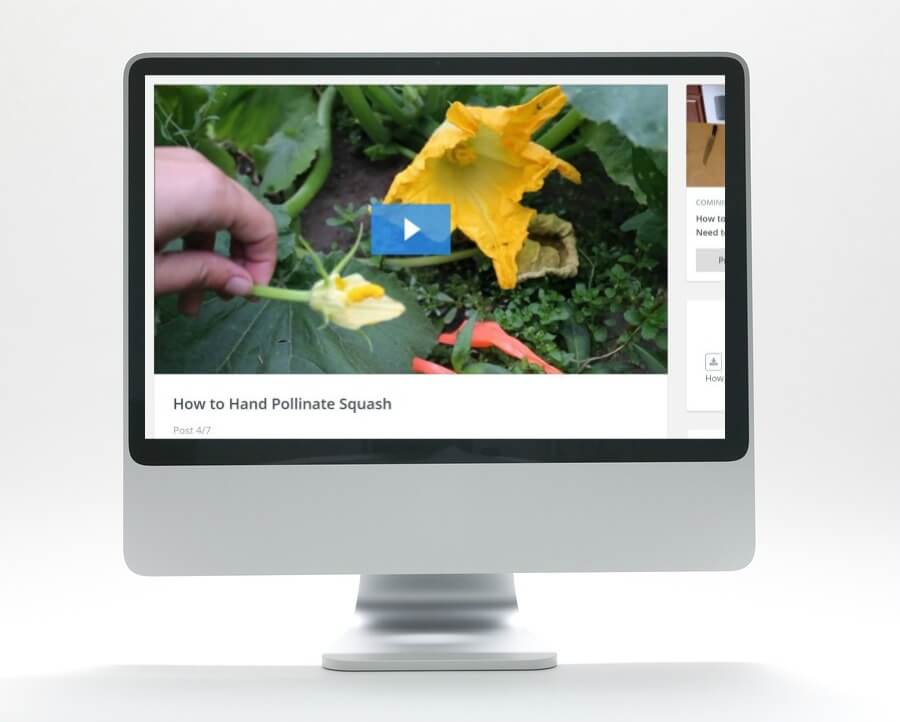
Pioneering Today Academy
If you found this podcast helpful and would like a chance to have a one-on-one call with me, or learn more gardening and homestead advice from us inside the Academy, you can click here and sign up for the Pioneering Today Academy waitlist. The doors open twice a year and will be opening up again soon!
More Posts You May Enjoy
- Prioritizing Projects (Live Coaching Call)
- New Gardening Techniques & Varieties to Grow
- Soil Remediation – How to Fix Tainted Soil
- Wood Chips for Garden Mulch (Beneficial or Not?)
- Science-Based Companion Planting Strategies for a Healthier Garden
- How to Grow a Large-Scale Garden Without Acreage
[fusebox_transcript]
